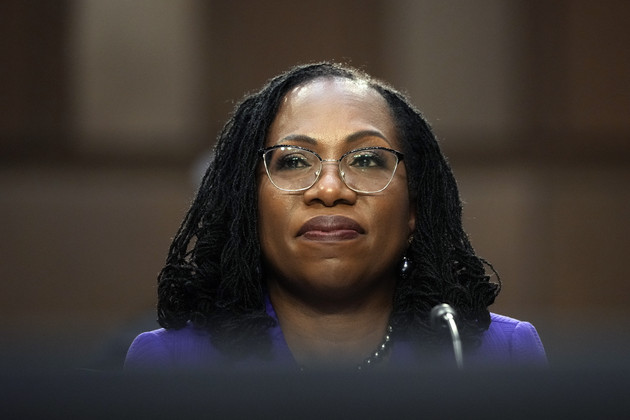
The only two Black members of the Supreme Court — Justices Clarence Thomas and Ketanji Brown Jackson — openly traded barbs in their opinions Thursday as the high court dealt what may be a death blow to the use of race in college admissions.
That they would disagree on the subject is hardly surprising. Thomas, the court’s longest serving justice and perhaps its most conservative member, rose to public prominence more than three decades ago as a strident critic of affirmative action. Jackson, the court’s newest justice, has long been a proponent of diversity efforts, and in one of the first cases she heard last fall, she made headlines for forcefully defending the idea that the Constitution allows — and even encourages — race-conscious policies to rectify the nation’s legacy of racial discrimination.
However, the acrimony in the back-and-forth between the pair is unusual for the Supreme Court. Much of their exchange on race in American society seemed particularly prickly and personal.
Thomas, who headed the Equal Employment Opportunity Commission before being nominated to a federal appeals court and then the Supreme Court by President George H.W. Bush, devoted seven pages of his 58-page concurring opinion to critiquing Jackson’s dissent. He rebutted Jackson’s arguments in favor of race-conscious admissions and repudiated what he described as her grim outlook on racial equality in America.










